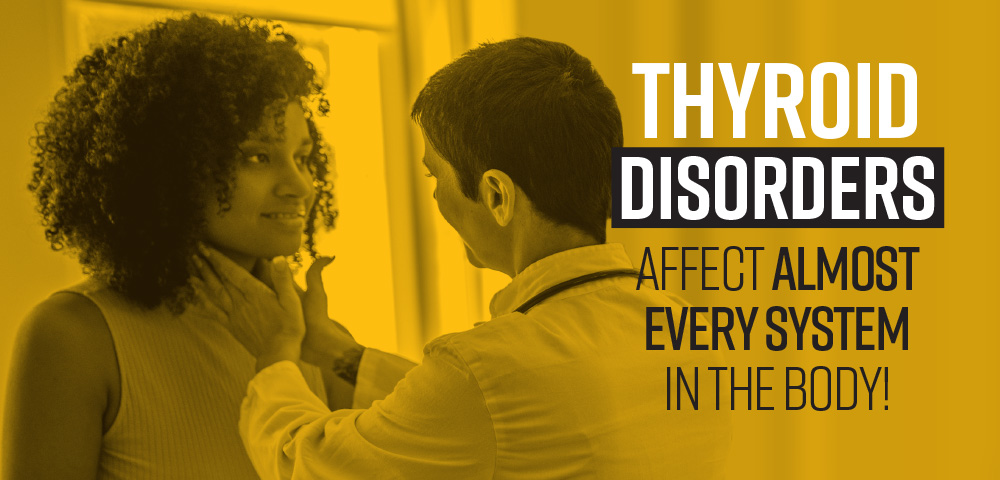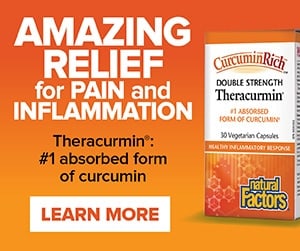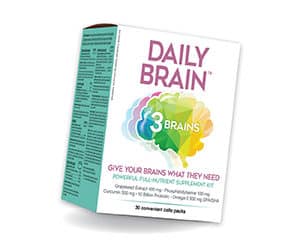
It is estimated that one in 5–10 people have thyroid disease and that 50–60% of people affected are not aware of their condition.
Thyroid disease is one of the most underdiagnosed health conditions in the world. It is estimated that one in 5–10 people have thyroid disease and that 50–60% of people affected are not aware of their condition.
Hypothyroidism, also called underactive thyroid disease, occurs when the thyroid gland does not make sufficient thyroid hormone (TH). The most common form of hypothyroidism is Hashimoto’s thyroiditis, an autoimmune thyroid disease (AITD) causing inflammation of the thyroid. Early diagnosis is essential to improve quality of life. Undiagnosed thyroid disease has critical health consequences because THs affect almost every organ system in the body.
Most people are aware of the importance of healthy thyroid function for metabolism – its effects on lipids (cholesterol levels), energy, and weight. A growing number of physicians are also becoming aware of the neurological effects, such as cognitive problems and dementia. As well, the connection between hypothyroidism and depression has long been recognized.
However, thyroid disorders are more far-reaching as they also affect the heart, kidneys, fetal brain development, central and peripheral nervous systems, as well as the skeletal, respiratory, gastrointestinal, and endocrine systems.
Thyroid Hormone (TH) and Cardiovascular Disease (CVD)
Hypothyroidism is one of the most important contributors of CVD. The most common cardiovascular signs and symptoms of hypothyroidism include blood pressure changes, alterations in lipid metabolism, decreased cardiac output and contractibility, accelerated atherosclerosis, and an increased risk of stroke. Even very small modifications in TH levels, as those observed in subclinical hypothyroidism or hyperthyroidism, may adversely affect the cardiovascular system.
Inflammatory markers, such as C-reactive protein, a risk factor for heart disease, are also commonly increased in subclinical hypothyroidism. In addition, atherosclerosis, coronary heart disease, and myocardial infarction risk are increased in women with subclinical hypothyroidism.
Children and Teens
Thyroid disorders do not just affect adults. In children and teens, THs act synergistically with the growth hormone to stimulate bone growth and help with brain maturation as well as formation of the myelin sheath. Hypothyroidism adversely affects growth and development during puberty, a crucial period of hormonal interaction.
Hypothyroid conditions also alter brain chemistry contributing to attention-deficit hyperactivity disorder (ADHD) and other learning disorders. Diet, in addition to undiagnosed and untreated hypothyroidism, contributes to the worldwide epidemic of childhood and adolescent obesity.
Doctors rarely routinely test thyroid function in adults and seldom in children and teens despite the far-reaching effects. It is essential to request periodic thyroid testing for those experiencing symptoms. For people over 60 years of age, thyroid testing should be done at least once a year.
Some Causes of Thyroid Disorders Include:
- Endocrine-disrupting chemicals (EDCs) – many toxic chemicals in our environment affect the endocrine system, including the thyroid. Environmental factors also contribute to approximately 20% of AITDs.
- Times of rapid hormone shifts, such as pregnancy, menopause, and childbirth, can affect thyroid function. Untreated hypothyroidism increases the risk of miscarriage, premature delivery, and preeclampsia.
- Estrogen dominance, often caused by EDCs, hormone replacement therapy (HRT), or birth control pills, adversely affects thyroid function by blocking TH receptors.
- Gluten – celiac and non-celiac gluten sensitivity.
- Impaired gut microbiome – when the intestinal barrier becomes permeable (leaky gut), large protein molecules escape into the bloodstream, triggering an immune response. The immune response plays a role in the development of autoimmune diseases such as Hashimoto’s thyroiditis. Converting T4 into the active form of TH, i.e., T3, requires healthy gut bacteria.
- Stress hormones and adrenal fatigue
- Certain viruses and medications
Supplement Support for Hypothyroidism
- Probiotics help maintain a healthy gut microbiome, which in turn helps prevent thyroid disorders.
- Vitamin D is a cofactor in the synthesis of THs.
- WomenSense® ThyroSense® contains the main supplements shown to support thyroid function, including ashwagandha, tyrosine, selenium, copper, pantothenic acid, and manganese. WomenSense AdrenaSense® contains adaptogens, a category of herbs that help regulate and balance stress hormones. Chronic stress negatively affects both adrenal and thyroid function.
Note: ThyroSense does not replace prescription medication, and it can be taken safely with thyroid medication. ThyroSense can be used for subclinical hypothyroidism, and based on symptom and lab improvement, it may be all that is required.
For more information on symptoms, causes, and treatments for thyroid disorders, please refer to the Women’s Health Matters book written by Karen Jensen, ND.














